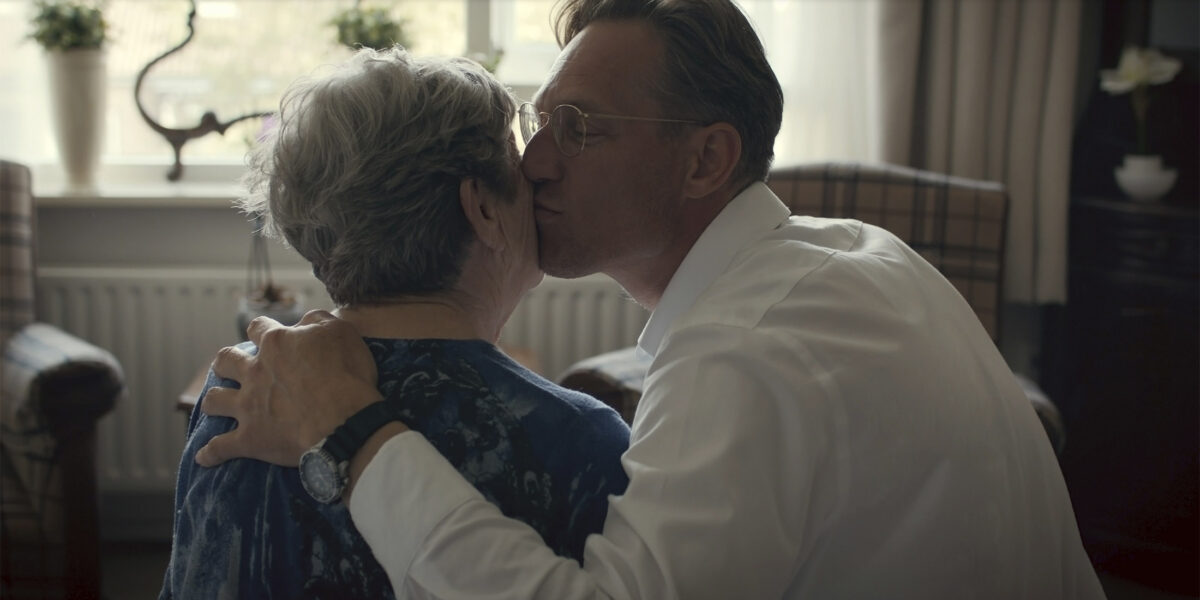Project partners: Virtuele Jelle (start-up), Pieter van Foreest (PvF), Medical Delta, IMEC (Innovatrix), Innovation Quarter and THUAS.
R&D by: Virtuele Jelle, Hani Al-Ers (THUAS)
Challenge: to improve quality of life of people with dementia and to relieve family care givers by virtual (machine-controlled) telephone conversations with real voices of family members.
Results: we investigated the problem-solution and the market-product fit with the Innovatrix tool. A prototype is currently piloted at PvF and the technology is improved by researchers and students of THUAS. Virtuele Jelle was supported by a T-Mobile award.
Abstract
Validation
For each time the virtual Jelle system is utilized, a brief report is written by the caretaker who operated the virtual Jelle system at that time. These reports are tracked for a total of three months in order to obtain sufficient information. The reports are reviewed and assessed by two independent annotators in order to reach an objective score.
After a period of three months, the virtual Jelle system has been used 28 times in total as an intervention.The figure on the right shows that in 77% of the cases, the virtual Jelle system was able to improve the state of mind of Jelle’s mother at least slightly. Of this percentage, roughly 44% of the assessments claimed that the usage of the virtual Jelle system resultated in an great improvement in the mood of the patient. Therefore, it can be said that the virtual Jelle system is indeed useful in altering the emotion of people suffering from dementia.
- Number of calls






